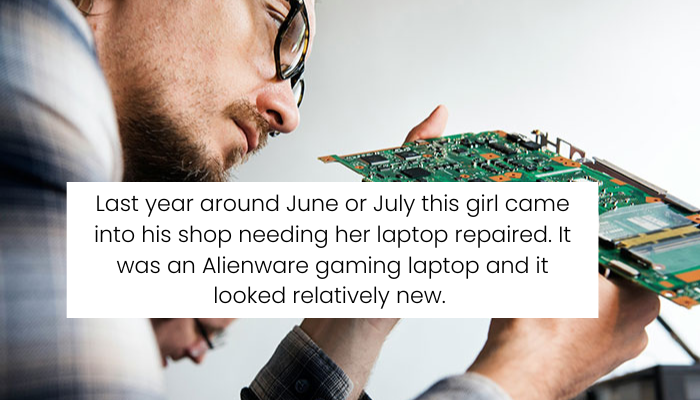College Student Demands $2,000 After Forgetting Laptop at Repair Shop
A college student’s demand for compensation after leaving her laptop at a repair shop for over nine months has sparked debate. The student had dropped off her Alienware gaming laptop for repair, providing her mother’s disconnected phone number as the contact. Despite the shop’s attempts to reach out, the device remained unclaimed beyond the 90-day period stipulated in the service agreement. Consequently, the shop sold the laptop as per its policy. Upon returning to town and discovering the sale, the student demanded $2,000 to replace the device, leading to discussions about the responsibilities of both service providers and customers.
A young woman asked an electronics repairman to fix her laptop, but didn’t show up to collect it

She came back almost nine months later, when the laptop had already been sold as refurbished, and demanded a refund
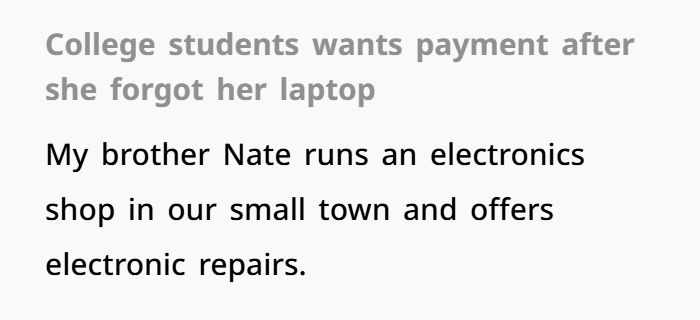
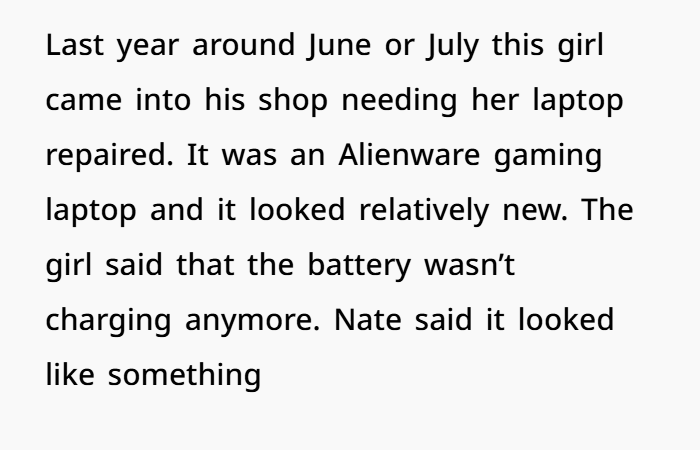
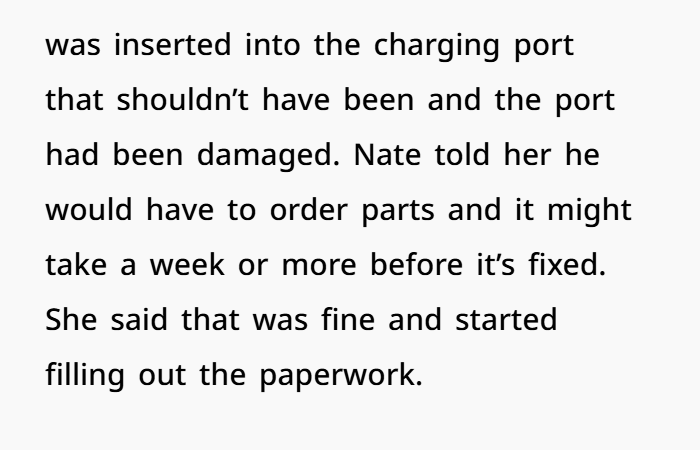
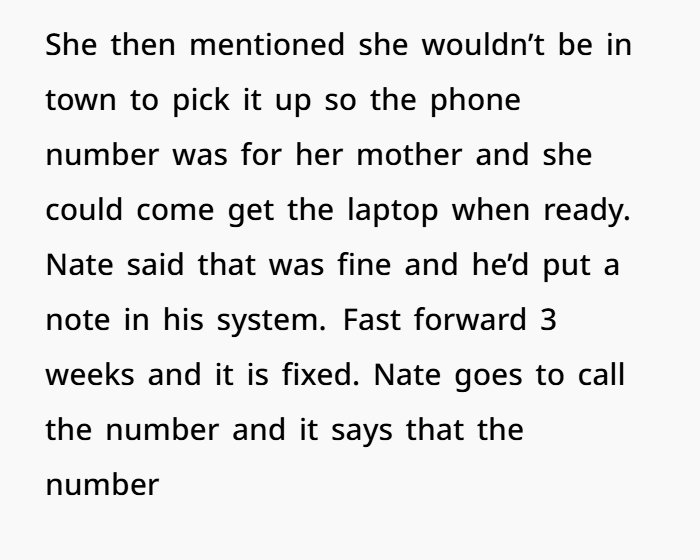
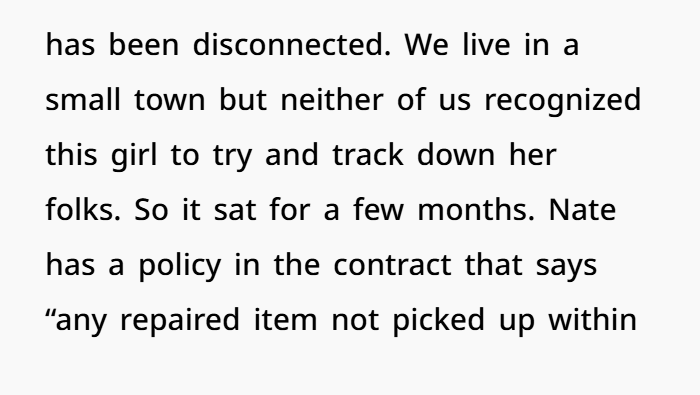
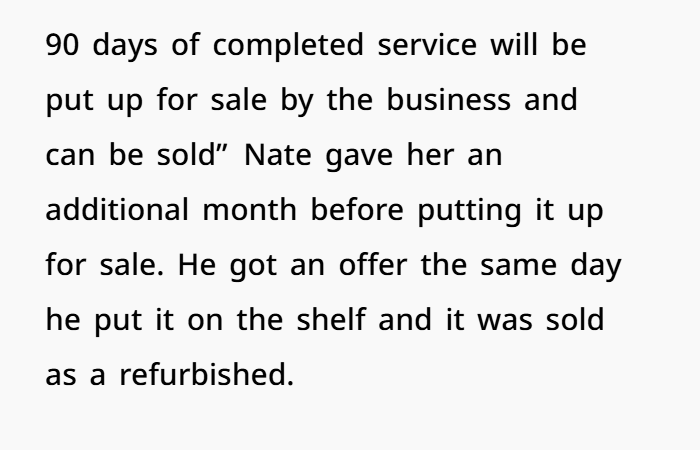
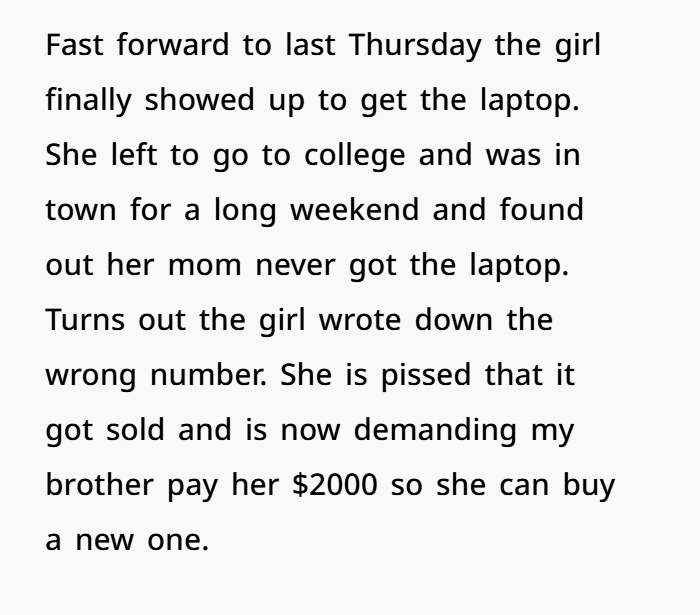
The Legal, Ethical, and Emotional Landscape of Abandoned Electronics and Small Business Liability
When we talk about business transactions, especially in service industries like electronics repair, the expectation is often straightforward: a customer drops off an item, the shop diagnoses and repairs it, and the customer returns to pick it up. But life, with all its unpredictability, doesn’t always follow that script.
In this case, a young college student left her $2,000 Alienware laptop at a small-town electronics repair shop, run by Nate — a local businessman with a solid reputation and a clearly stated 90-day pickup policy. The repair was completed. The customer, however, disappeared. Months later, she returned only to discover the laptop had been legally sold after multiple failed attempts to contact her. Now, she’s demanding reimbursement. But legally and ethically, does she have a leg to stand on?
Understanding the Legality: Abandoned Property in Repair Shops
The first and most pressing question is: Can a business legally sell a customer’s unclaimed item after a certain period? The answer is generally yes — if specific conditions are met.
Most states in the U.S. have laws governing abandoned property, especially in service industries. These laws are designed to protect both consumers and businesses. In Nate’s case, the key clause — included in the signed service agreement — is vital. It states that any repaired item not picked up within 90 days of completed service may be sold by the business.

This kind of clause is not only standard — it is legally supported under bailment law. In legal terms, a “bailment” occurs when personal property is transferred from one party (the bailor, in this case, the customer) to another (the bailee, Nate) under an agreement that the property will be returned. When the bailor fails to reclaim the item in a reasonable timeframe, the bailee is no longer obligated to continue holding onto it indefinitely.
In most jurisdictions, business owners can claim ownership or the right to sell abandoned goods after providing reasonable notice and opportunity for pickup — especially when attempts to contact the customer have failed (source).
Notice and Due Diligence: Did Nate Do Enough?
The core legal standard here hinges on what courts call “reasonable efforts” to notify the owner. Did Nate try to reach the customer? Yes. The only phone number left — the mother’s — was disconnected. No email, no home address, and no alternate contacts. Nate even gave her an additional month beyond the 90-day window before reselling the device. That’s not just reasonable — it’s generous.
According to the Federal Trade Commission’s (FTC) guidelines on consumer protection, small businesses are encouraged (but not always required) to retain items for 90 days unless a separate agreement is made (FTC.gov). Nate’s policy exceeded these basic expectations.
What’s more, because the student signed off on the policy, this becomes a contractual agreement, not just a casual shop policy. Courts generally uphold these contracts unless there’s evidence of deception, misrepresentation, or coercion — none of which apply here.
The Human Side: When Miscommunication Feels Like Betrayal
Legally, Nate is on firm ground. But emotionally? That’s where things get more complex.
From the student’s perspective, this was her prized laptop — likely filled with assignments, photos, personal data, and memories. The Alienware brand alone represents a significant investment, with base models averaging around $1,700 to $2,300 depending on specs (source). She thought she had handled the situation by leaving her mom’s contact — not realizing the number was out of service. In her mind, Nate had her device for safe-keeping, and coming back to find it sold felt like a betrayal.

But emotional pain doesn’t rewrite legal agreements. Her failure to double-check the contact info — or follow up within a full year — placed Nate in an impossible position. Businesses can’t function as unlicensed storage units. With limited space, financial overhead, and constant new repairs, keeping unclaimed devices indefinitely isn’t feasible or fair.
Small Business Ethics and Customer Trust
Nate’s decision also reflects an often-overlooked struggle faced by local electronics repair shops — walking the tightrope between customer service and survival. Inventory space is limited. Holding onto a high-value item indefinitely carries the risk of theft, damage, or obsolescence. Even more, selling a refurbished Alienware device represents a real revenue opportunity for a small business — not just income, but proof of operational flow and quality repairs.
Had Nate refused to enforce his pickup policy, he might’ve undermined his business model entirely. Worse, he could set a dangerous precedent: that customers can ignore agreements and still expect full compensation months (or years) later.
Could Data Recovery or Insurance Have Helped?
This raises a final — and practical — point: if the student’s primary concern is recovering personal data or digital files, there’s a possibility the resale buyer may not have wiped the drive. However, privacy laws and data handling standards likely prevent Nate from disclosing buyer info. This is why data recovery services or cloud backups are crucial, especially for college students.

Additionally, high-value electronics like Alienware laptops should be insured, especially when being transported or left with third parties. Many renters’ insurance or personal property insurance policies cover electronics repair or replacement in cases like theft, damage — or even miscommunication.
The author clarified why Nate couldn’t just hold onto the laptop: “He has very limited storage and space and to limit the chance it gets damaged in his shop”
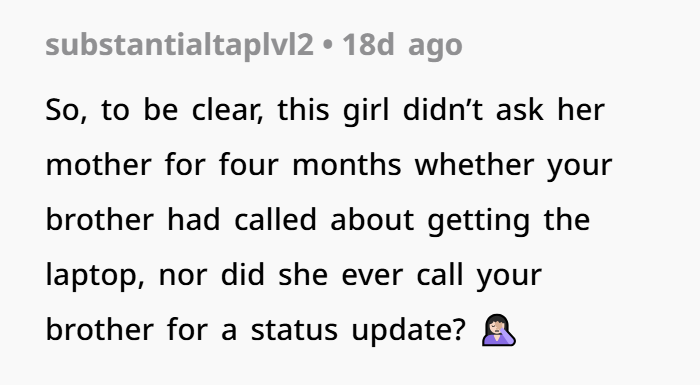



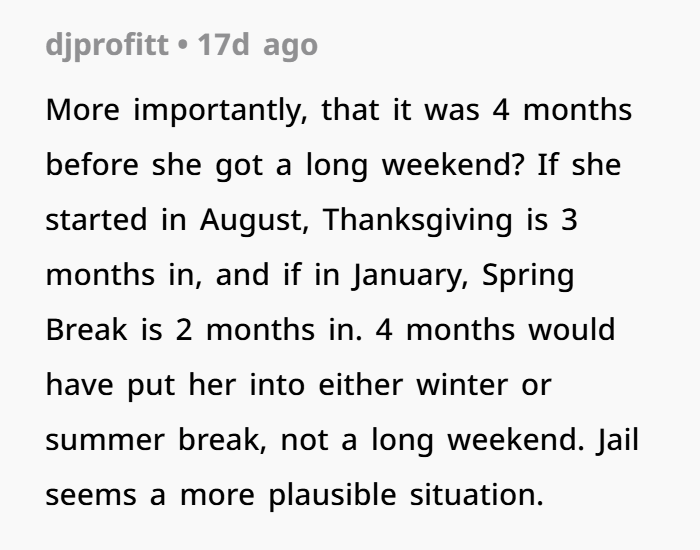
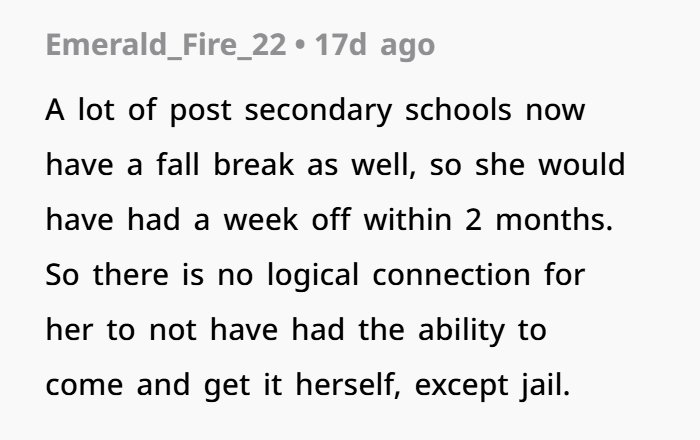
Respecting Boundaries, Contracts, and Consequences
The situation between Nate and the college student illustrates a broader lesson: responsibility in transactions is mutual. Customers have a duty to provide accurate information and follow through on agreements. Businesses have a duty to communicate clearly and protect both assets and their reputation.
In this case, Nate honored both his legal and ethical responsibilities. He followed industry-standard abandoned property protocols, gave extra time, and still bore the brunt of emotional fallout — simply for enforcing a signed agreement.
If there’s a takeaway here for consumers, it’s this: read the fine print, double-check your contact info, and don’t assume that silence equals safety. And for small business owners? Keep contracts airtight, policies posted, and your patience as steady as your principles.

